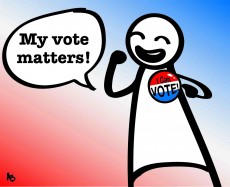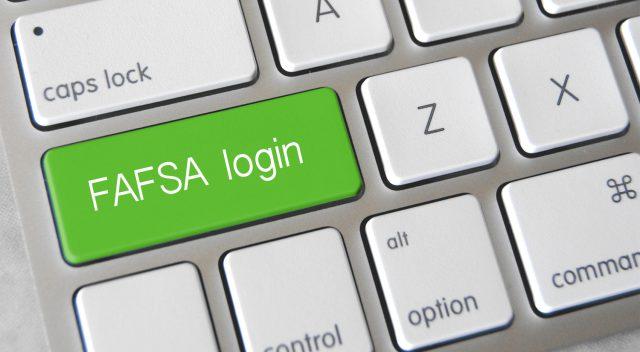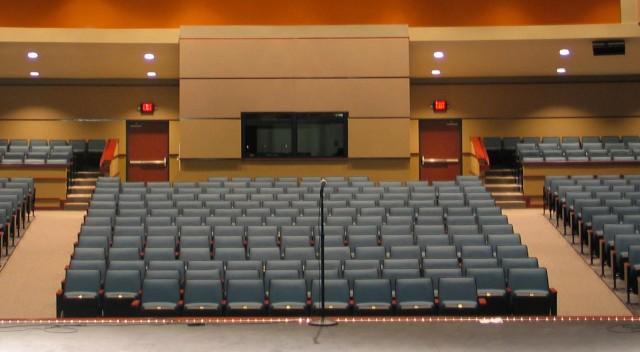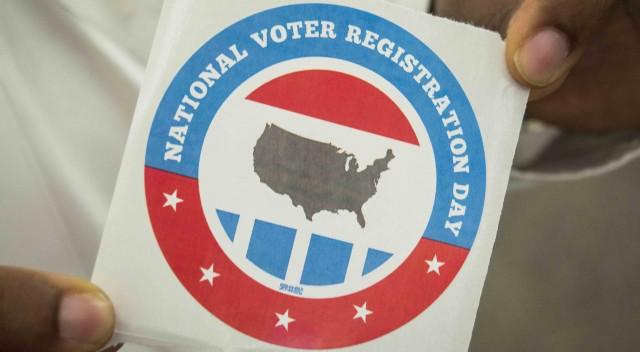Voting is the very lifeblood of the U.S. political structure.

The senators and representatives who sit in Washington and craft and vote on bills that could become laws are all elected officials. Even the highest office in the U.S. is chosen by the voters.
As the presidential primaries draw closer, so does the deadline to register to vote. And the presidential primary is about as important as the general election in November.
Primaries narrow down the playing field of candidates on both sides. Think of it as a football season. Teams must compete during a preseason, regular season and a postseason before they can make it to the Super Bowl.
Much like a football team, candidates must compete through several months of primaries. And it’s not just sheer votes that will help them through to the postseason game at the party conventions in late July.
And it may seem like March is too early to start casting votes for presidential contenders, but this is the period that’s crucial in helping determine who the candidates will be in November.
If one wants a say in that, March is perfect timing.
While people have reasons as to why they won’t vote, sometimes they’re based on outdated ideas of the process of registering or voting.
Registering to vote may seem tedious, but it’s not. Besides filling out an application and mailing it in, citizens can register at a DMV while getting their driver’s license or at a post office.
Turning up to the polls may seem hard, but that’s not all that complicated either — at least not when early voting exists. According to a poll conducted by The Washington Post last July, 28 percent of Americans say they are too busy and don’t have the time to vote.
For Texas, the presidential primary is March 1. Early voting takes place Feb. 16-26. That’s a 10-day period for Texans to give up 10 minutes of their day to head to a polling place and cast a vote in the primary.
And the best part of early voting: It doesn’t matter which polling location one goes to.
Early voting takes the pressure off voters to show up on a single day to cast a vote that means something. It offers convenience to those who fear they don’t have time to cast their vote.
Another misconception about voting is that the vote won’t count. Statistically, that’s erroneous, but the only way a vote won’t count is if it isn’t cast at all.
Voting isn’t always about the candidate winning so much as it sends a message. Registering to vote is symbolic of a citizen’s voice finally being added to the conversation.
Being a registered voter helps give someone the opportunity to show politicians where they stand when it comes to policy or social issues.
While there might be a cacophony of voices already swirling, at least the vote can speak louder than any voice could.





























